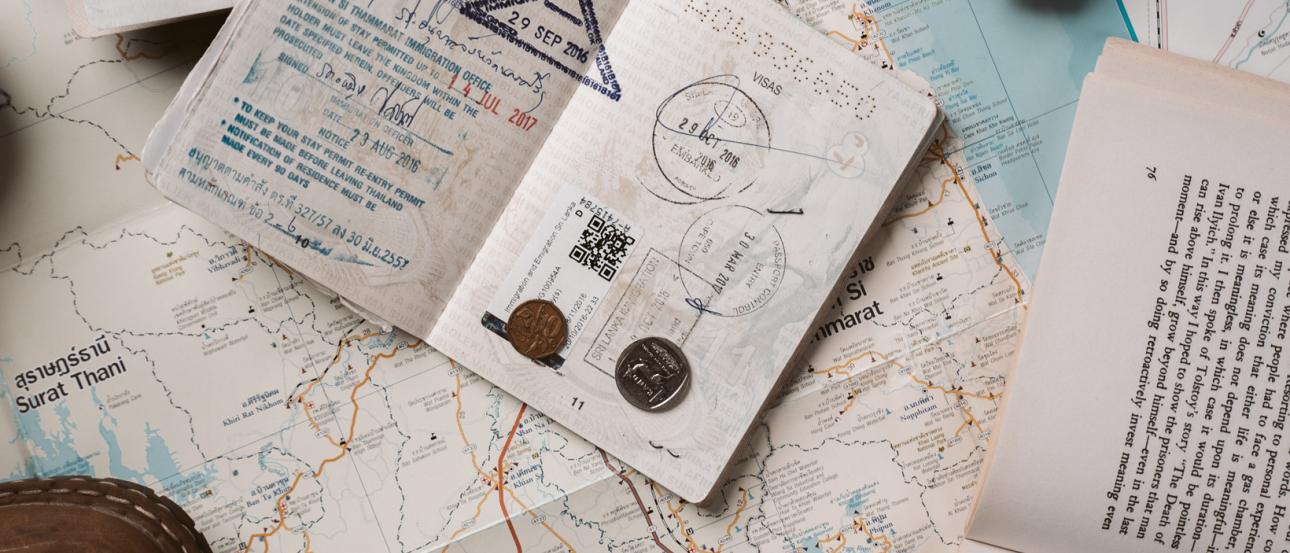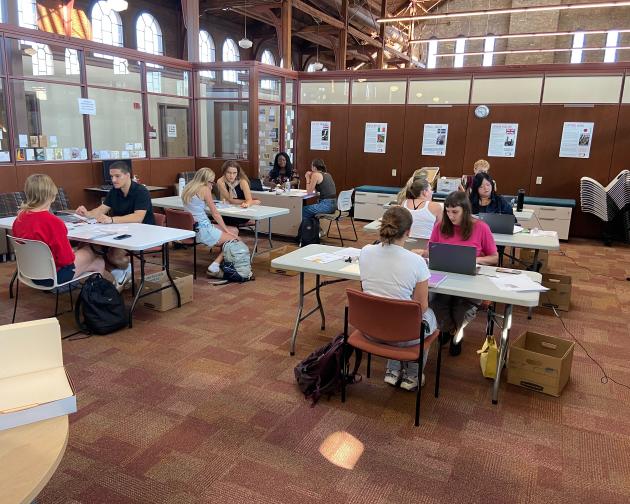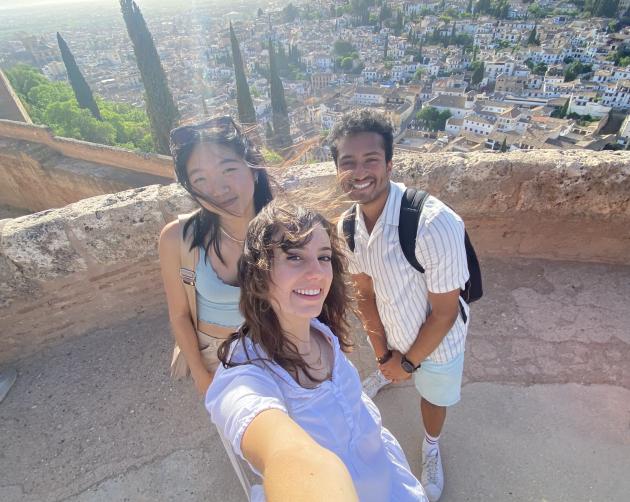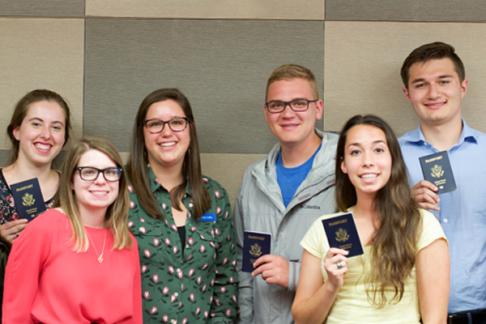Student Visas for International Travel
While this may be the first time you apply for a student visa, this isn't our first rodeo. Every year our team of visa specialists support thousands of IES Abroad students to have the proper documents to study abroad their host country. More detailed instructions are available in your MyIESabroad account once you are accepted to an IES Abroad program.
A student visa is a government-issued immigration document granted by a consulate general or embassy which allows you to legally study abroad in a specific country for a specific date range. Typically, a visa is an endorsed sticker or stamp placed on the inside pages of your passport. Your student visa is as important as your passport; without it you will not be able to study abroad if your program requires a student visa.
Depending on your study abroad program and legal citizenship, you may need a student visa to study abroad. Every country has their own process, requirements, and fees for applying for a visa. Some countries may require you to travel to an in-person appointment at a consulate or embassy in select U.S. cities.
We can't wait for you to embark on your adventure abroad. We're here to help—every step of the way.
NOTE: Visa processes and requirements are determined by the government and consulate of each country, not by IES Abroad. While our team of visa specialists regularly updates information on our website, the most up-to-date and official information can be found on government and consulate websites.









